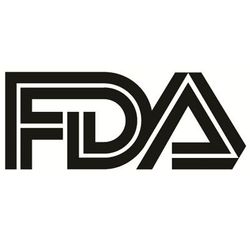
OR WAIT null SECS
Coronavirus, Racial Disparity in Sickle Cell Disease
A look at the risks patients face due to the pandemic—and what minority patients may face daily.
Despite being a rare condition, sickle cell disease is the most common inherited blood disorder in the US. But it does seem to affect discriminately; despite only 70,000-80,000 Americans suffering from it, sickle cell disease is diagnosed in 1 in every 500 African Americans.
This is not an uncommon circumstance in medicine. Unfortunately, neither is healthcare disparity—the wide gap of positive versus negative care outcomes that seems to split US patients by ethnicity.
In the final portion of an interview with HCPLive®, sickle cell researcher Ken Ataga, MD, of the University of Tennessee Health Science Center, discussed the plentiful work needed to be done in order to lessen the healthcare disparity gap, particularly in this disease.
On that list is bolstered access to treatments and potentially curative therapies. So is the need for making such care more affordable—on a global scale.
“When we develop these drugs, it’s important that these (international) patients have access to these drugs, because the newer drugs have come out as very expensive,” Ataga said. “Amongst those who do not have private insurance, they might have government-based insurance. Or they might get assistance from the company towards getting the drug. But many of these modalities are not available in research-limited areas.”
Ataga also shared insight on how patients with sickle cell disease may be at risk of severe coronavirus 2019 (COVID-19) manifestations and complications, including acute chest syndrome.
“Because of these concerns, we have a very low threshold in the event that a patient has problems like this,” Ataga said. “We feel like patients who have been diagnosed with COVID-19 should be monitored aggressively.”
Related Content:


